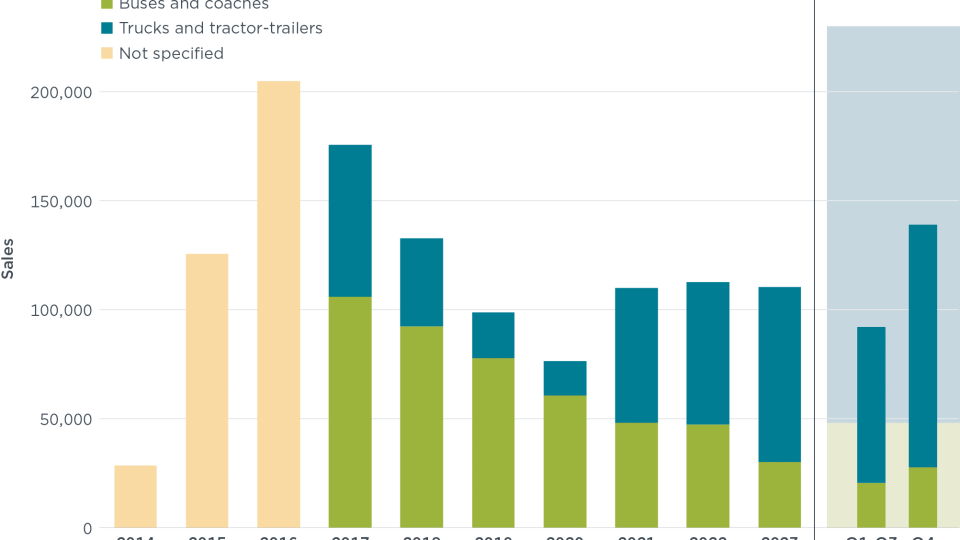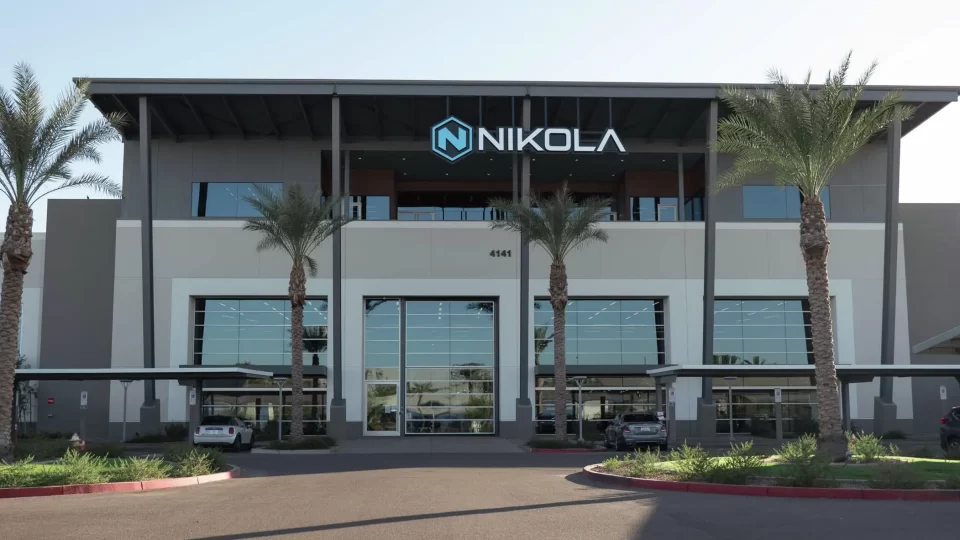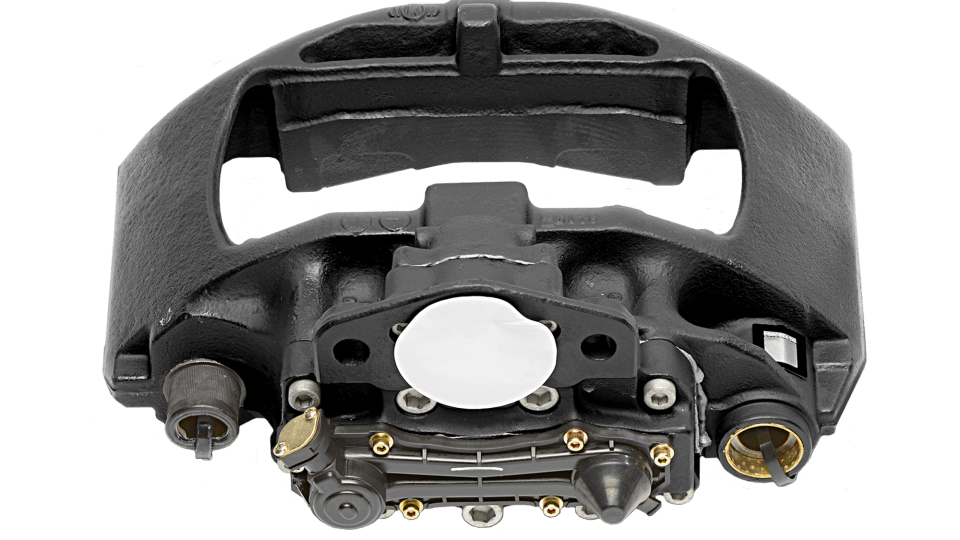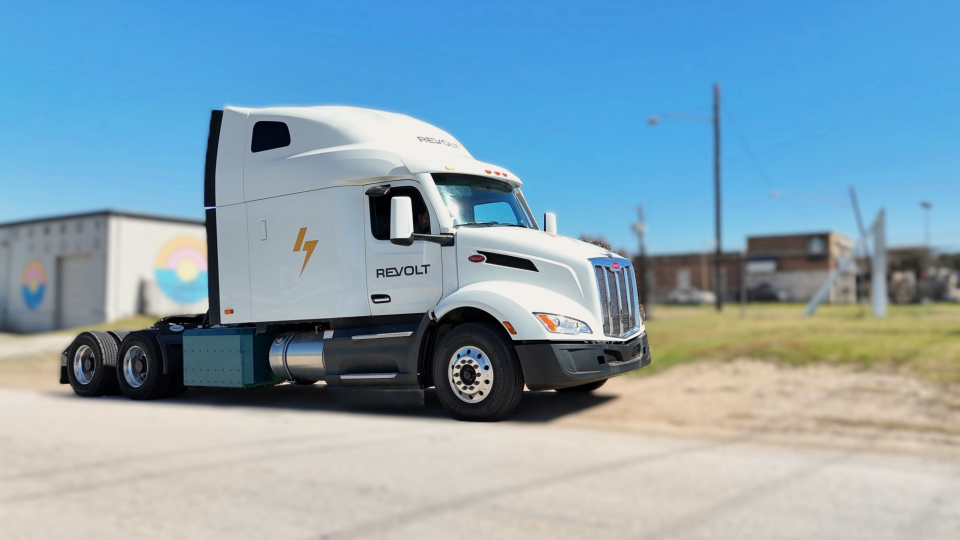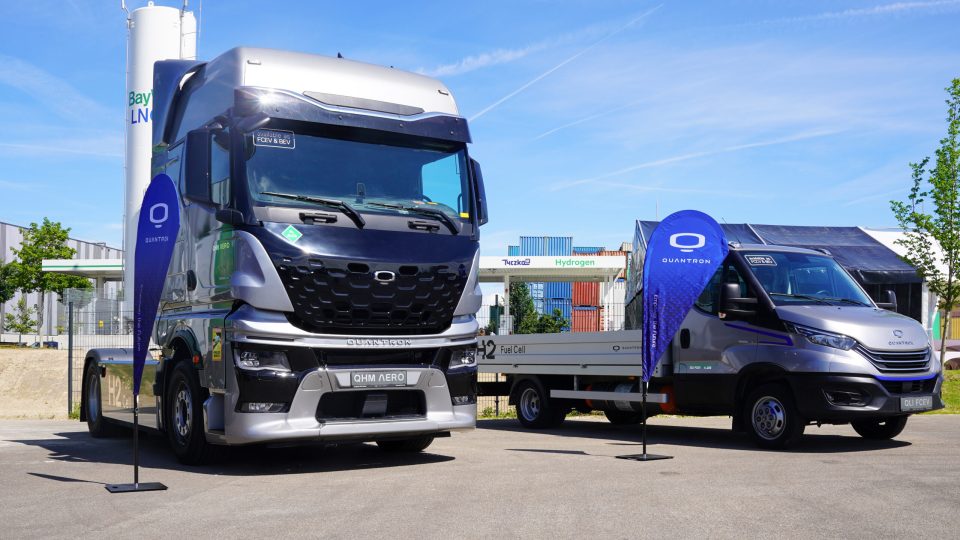Dedicated PACCAR engine allow New Gen DAF trucks to be compliant with B100 biodiesel
This is a fuel that is produced entirely from renewable vegetable oils and fats. B100 reduces 'well-to-wheel' CO2 emissions by up to 90% when compared with fossil fuel diesel.
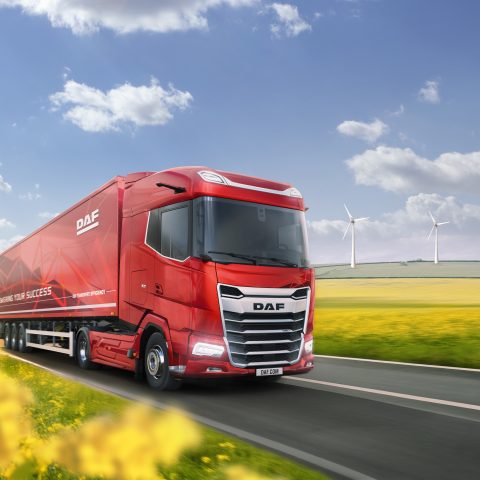
The New Generation DAF XF, XG and XG+ truck can now also be delivered with a specially developed PACCAR MX-13 engine, making them compliant with B100 biodiesel. Also known as FAME (Fatty Acid Methyl Esters) or RME (Rapeseed Methyl Esters) biodiesel, the latter is a fuel that is produced entirely from renewable vegetable oils and fats. B100 reduces ‘well-to-wheel’ CO2 emissions by up to 90% when compared with fossil fuel diesel.
DAF trucks compliant with B100 biodiesel
To achieve the lowest possible CO2 emissions, the B100-compatible MX-13 (355 kW/480 hp) PACCAR engine is equipped with specially designed software that takes factors such as the lower calorific value of biodiesel into account.
“With the introduction of the MX-13 engine for biodiesel, we offer another alternative to transporters who are committed to sustainable transport. All DAF trucks with a combustion engine are HVO-compatible but B100 is more readily available in some regions”, commented DAF Trucks Chief Engineer Jeroen van den Oetelaar. “With the B100 option, we are now offering transporters another way – in addition to HVO and our electric powertrains – to reduce their ecological footprint without making any concessions with regard to the reliability of the vehicle”.



